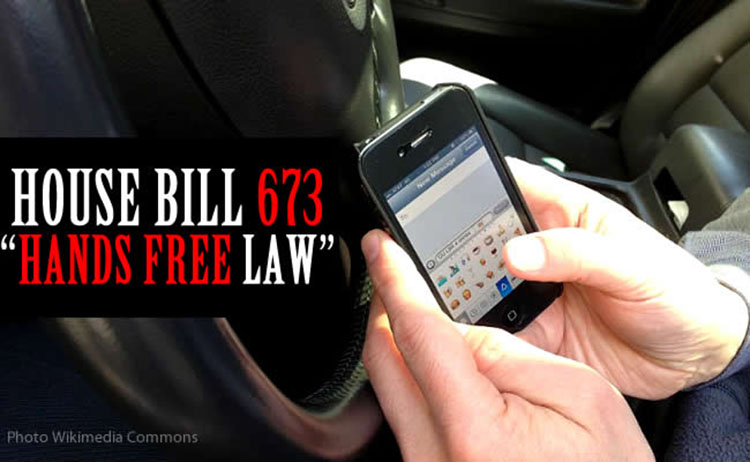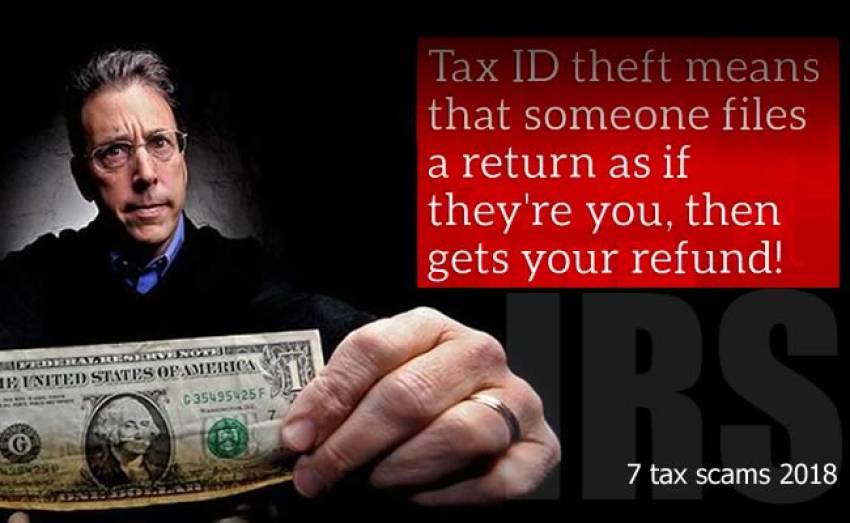
Officials are reminding motorists that there is no 90-day grace period, meaning you can get a ticket if you're caught holding a phone.
ATLANTA, GA — Georgia motorists have less than a week to get the equipment they need if they want to talk on the phone without using their hands when the state's Hands-Free Law goes into effect Sunday. The switch, which begins July 1, will fall during one of the busiest travel periods of the year, the Georgia Governor's Office of Highway Safety said.
You can expect to see Georgia State Patrol troopers and other law enforcement agencies patrolling the roads during the July 4 holiday period, so if you're caught with a phone in your hand or supported by your body, don't be surprised if you are given a traffic ticket.
"There is no 90-day grace period in the law, which means drivers who are caught with a phone in their hand or any part of their body starting Sunday run the risk of getting a citation," Harris Blackwood, director of the Governor's Office of Highway Safety said. "While a good number of officers and law enforcement agencies will be issuing warnings during the first few months, we encourage all drivers to go hands-free before July 1."
Blackwood and others gathered Tuesday at the State Capitol for a press conference to remind the public about the upcoming law. However, the meeting was cut short when a veteran, disgruntled with the U.S. Veterans Administration, set himself on fire outside the facility.
The Hands-Free Law will only allow drivers to talk on their phones without having it in their hands or supported by their body. Even with hands-free, you will not be able to write, read or send text messages, e-mails, social media or any other material on the internet. However, voice-to-text communication is legal.
The law also prohibits drivers from watching and recording video, but they can watch GPS/navigational videos and continuous running dash cams are permitted. Drivers can listen to streaming music through their phones, but cannot touch their phone to program them when they are on the road. You should note that music apps that include video do violate the Hands-Free Law.
State officials hope this new law will reduce the number of crash during the holiday period, as AAA is predicting a record 39.6 million people will be traveling by vehicle in the United States from Tuesday, July 3 through Sunday, July 8, GOHS said.
"The peak of the summer travel season means there will be more vehicles on the road, and that requires drivers to stay focused on what is happening on the road and avoiding distractions like their phones," Colonel Mark McDonough, commissioner of the Georgia Department of Public Safety said. "The Georgia State Patrol reminds drivers to exercise caution in holiday travels, no matter how short the trip may be. Obey the posted speed limit, check that everyone is wearing a seat belt, and make sure when talking on your phone when behind the wheel that it is not in your hand or on any part of your body after July 1."
While the focus has been on drivers to put away their phones before the Hands-Free Law takes effect, the Georgia State Patrol, Georgia Department of Transportation and Governor's Office of Highway Safety remind everyone not to get behind the wheel if they are planning to celebrate with alcohol. Preliminary numbers from GDOT show there 41 people killed in traffic crashes in the state from July 1-9 in 2017, and eight of those deaths were alcohol-related.
State and local law enforcement officers have zero tolerance for impaired drivers and will take any driver they find whose blood-alcohol concentration level is above the state limit of .08 to jail. If you plan to drink, you need to plan to ride with a sober driver or utilize a ride-sharing service.
Information about the Hands-Free Law:
GEORGIA'S HANDS-FREE LAW TAKES EFFECT JULY 1, 2018- Drivers cannot have a phone in their hand or touching any part of their body while talking on their phone while driving.
- Even with hands-free technology, drivers cannot write, read or send text messages, e-mails, social media content and other internet data while on the road. (Voice to text is allowed)
- Drivers cannot watch videos when they are on the road. (Navigational/GPS videos are allowed)
- Drivers cannot use their phones or electronic devices to record video when they are on the road. (Continuously running dash cams are allowed)
- Drivers may listen to streaming music that does not include videos on the screen of their phone or device while driving but cannot touch their phones while on the road to activate or program any music streaming app. Streaming music that is controlled by and listened through the vehicle's radio is allowed. Drivers who need to touch their phones to activate/program their music streaming apps must do so before getting on the road.
















